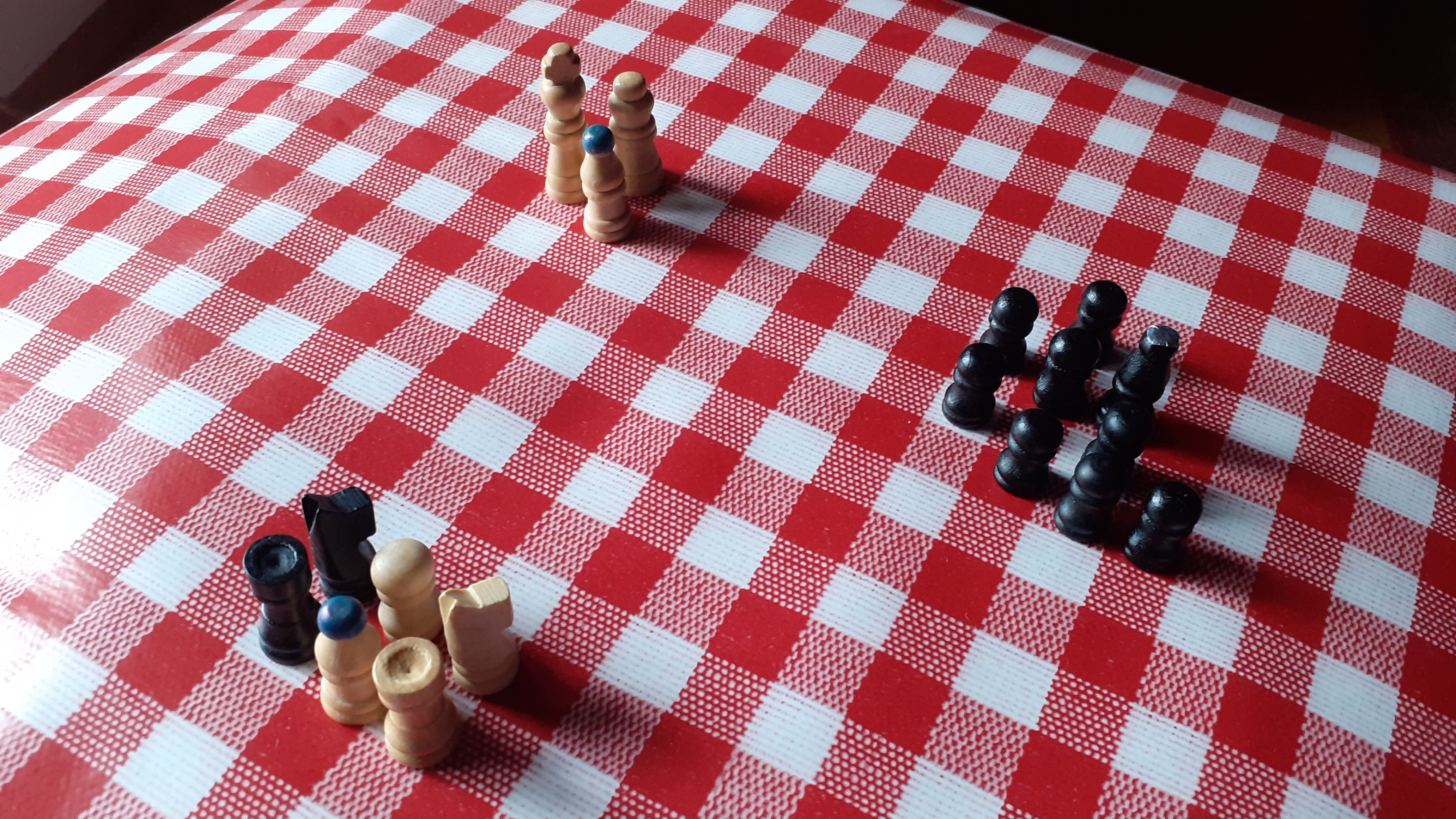Bibliotok - "Dobar, loš, z(n)ao"

Tokom zajedničke analize romana "Zli dusi" F. M. Dostojevskog u okviru programa Bibliotok, komentarisano je i upadljivo referisanje autora na dva poznata književnika tog vremena (danas bi rekli “prozivanje”): Turgenjeva koji se pojavljuje u liku Karmazinova u ovom romanu, kao i Černiševskog, čije se poznato delo "Šta da se radi", napisano u zatvoru i čudom zakratko promaklo cenzuri, upadljivo nalazi na stolu jednog od glavnih tragikomičnih junaka. Čitanje ova dva romana dodatno osvetljava motive Dostojevskog za koncipiranje i uobličenje Zlih duh(ov)a.
Ono što može biti posebno zanimljivo današnjem čitalaštvu ovih klasičnih dela je aktuelnost rasprave koja se književnim sredstvima vodi između (načelno shvaćenih) političkih opredeljenja slavnih autora: progresističkog liberalizma Turgenjeva, utopijskog socijalizma Černiševskog i mističnog konzervatizma Dostojevskog. Čak i u najaktuelnijim političkim raspravama možemo prepoznati slične koncepte i srodne pozicije i argumente. Moralna načela, dileme i opredeljenja koje je svojim karakterizacijama Dostojevski doveo u prvi i navodno presudni plan ove diskusije, odjekuju i u najaktuelnijim političkim programima i debatama. I danas je pred političkim akterima i posmatračima isto pitanje koje je u mnogome podsticalo ove autore na kniževni rad: šta je i po kojim kriterijumima “dobro”, šta “loše” a šta “zlo” u idejama, utopijama i distopijama koje pretenduju da promene ili sačuvaju postojeći društveni poredak.
Radi šireg i kvalitetnijeg uvida u ove kriterijume, čitalačke grupe će u skladu sa mogućnostima i interesovanjima biti oformljenje u različitim socio-političkim kontekstima, u više mesta Srbije i zemalja regiona, a susreti i diskusije odvijaće se pretežno putem društvenih mreža.
Detaljnije informacije i prijave za učešće: govorni.programi.rex@gmail.com
Biblioflow - "(Knowing) The Good, the Bad and the Evil"*
Group readings of the novel "Fathers and Sons" by I. S. Turgenev and "What Is to Be Done" by N. G.Chernyshevsky.
During the joint analysis of FM Dostoevsky's novel "Demons" in the frame of Biblioflow program, the author's conspicuous reference to two famous writers of that time was commented: Chernyshevsky, whose famous work "What Is to Be Done?"–written in the prison and miraculously briefly missed censorship–is conspicuously on the table of one of the main tragicomic heroes of Demons. Reading these two novels further illuminates Dostoevsky's motives for conceiving and shaping the Demons.
What can be especially interesting to today's readers of these classic works is the topicality of the debate that is conducted by literary means between the (generally understood) political orientations of famous authors: Turgenev's progressive liberalism, Chernyshevsky's utopian socialism and Dostoevsky's mystical conservatism. Even in the most current political debates, we can recognize similar concepts and related positions and arguments. The moral principles, dilemmas and determinations that Dostoevsky brought to the forefront and to supposedly crucial plan of this discussion with his characterizations, strongly resonate in the most current political programs and debates. Even today, political actors and observers face the same question that in many ways encouraged these authors to write: what is "good", what is "bad" and what is "evil" in ideas, utopias and dystopias that pretend to change or preserve the existing social order.
In order to have a broader and better insight into these criteria, reading groups will be formed in different socio-political contexts, in several places in Serbia and the countries of the region. In accordance with the possibilities and interests, meetings and discussions will take place mainly through social networks.
*The title is a reference to the translation of the title of the famous “Spaghetti western” “The Good, the Bad and the Ugly” to Serbo-Croatian, where “Ugly” (Il Brutto in Italian) was translated as “The Bad” while “Bad” (Il Cattivo in Italian) was translated as “The Evil”. Since Chernyshevsky wrote “What Is to Be Done?” in answer to the “Fathers and Sons” while Dostoyevski critically addressed both authors in Demons, their literary (and ideological) encounter is seen as the iconic three-way duel that was seen in a final scene of the movie.
More detailed information and applying for participation: govorni.programi.rex@gmail.com











